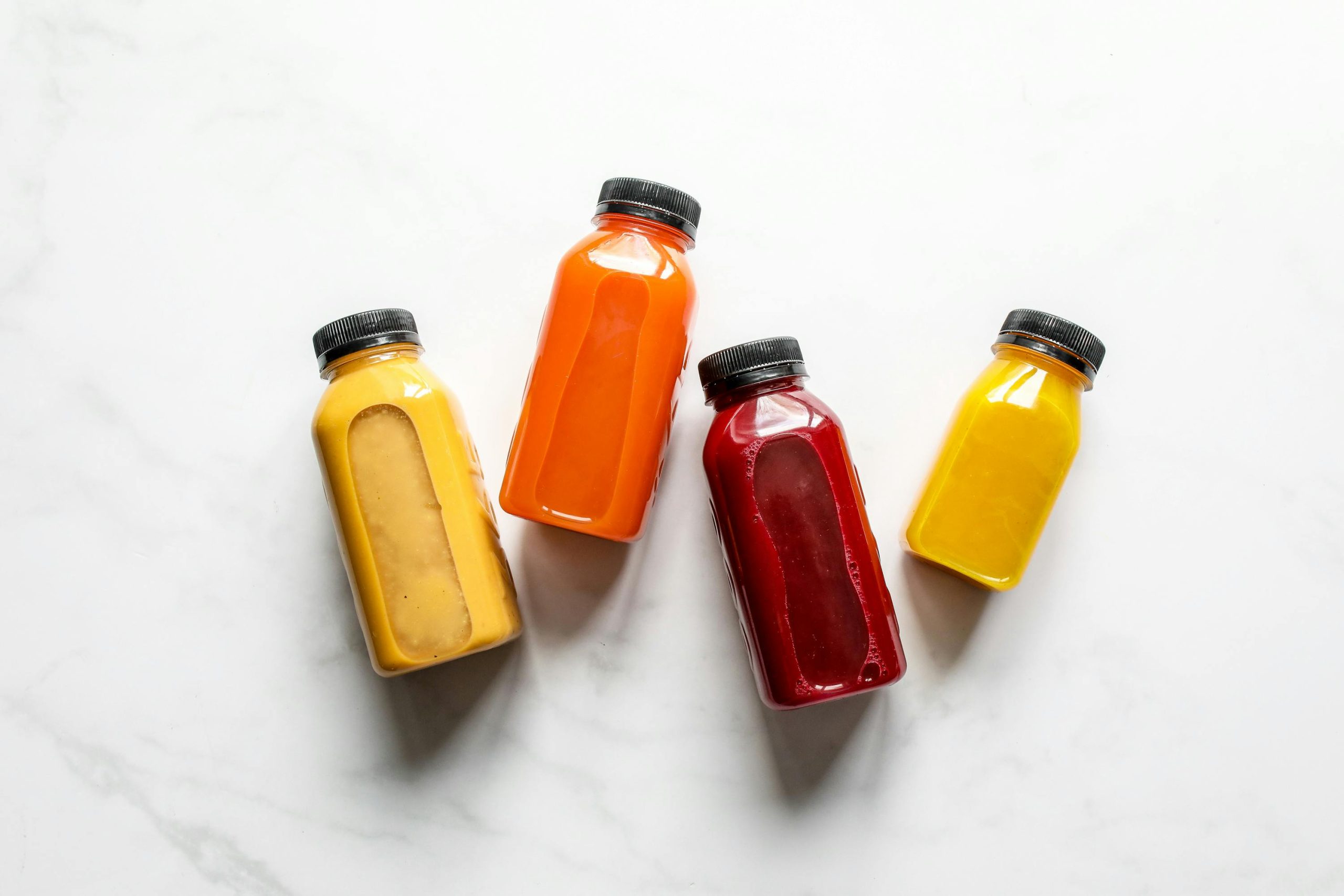The front of a food package is a battlefield for your attention, and marketers use a powerful arsenal of unregulated buzzwords to win your trust. These terms are carefully chosen to make a product seem healthier, higher-quality, or more wholesome than it is. However, because these words have no official, legally binding definition from the Food and Drug Administration (FDA), they are often completely meaningless. Learning to spot these empty promises is a critical skill for any savvy shopper.

1. “Artisanal” or “Handcrafted”
These words evoke an image of a small-batch product made with care by a skilled craftsman. In reality, a massive, multinational corporation can legally use the term “artisanal” on a product that is mass-produced in a factory by machines. The term has no legal standard, so it is often used on everything from bread and cheese to potato chips to create a misleadingly premium image.
2. “Gourmet” or “Premium”
Much like “artisanal,” the words “gourmet” and “premium” are purely marketing terms. There are no official rules or quality standards that a product must meet to be labeled as such. A company can call its jar of pasta sauce “gourmet” or its frozen pizza “premium” without having to prove that it is any better than the cheaper store brand sitting next to it.
3. “Farm Fresh”
The term “farm fresh” is designed to make you think of a product that was just picked from a local farm. However, this phrase has no legal definition. A package of eggs that was produced in a massive factory farm and has been sitting in a warehouse for weeks can still be legally labeled as “farm fresh.”
4. “Superfood”
“Superfood” is a popular buzzword used to describe nutrient-dense foods like blueberries, kale, and salmon. While these foods are indeed healthy, the term itself is a marketing creation, not a scientific one. There are no official criteria that a food must meet to be called a superfood, so it is often used to create a “health halo” around trendy but expensive products.
5. “Made with Real…”
This is one of the most deceptive phrases in food labeling. A product can be “Made with Real Fruit” or “Made with Real Cheese” while containing only a minuscule amount of the real ingredient. The primary ingredients are often sugar, corn syrup, or processed cheese product. The label is technically true, but it is designed to hide the fact that the “real” ingredient is only a minor component.
6. “No Sugar Added”

When you see “No Sugar Added” on a package of fruit juice or applesauce, you might assume it is a low-sugar product. However, this simply means that no extra sugar, like cane sugar or corn syrup, was added during processing. The product itself can still be loaded with natural sugars from concentrated fruit juice, making it a high-sugar item.
7. “Doctor-Recommended”
Unless a product is referencing a specific, verifiable survey of doctors, the phrase “doctor-recommended” can be very misleading. A company might have a single doctor on its advisory board who “recommends” the product, which is not the same as a broad endorsement from the medical community. It is a vague claim that creates an aura of medical authority that is often not deserved.
8. “Lightly Sweetened”
There is no legal definition for what “lightly sweetened” means. A product with this label can still contain a huge amount of sugar. It is a completely subjective and unregulated term that a company can use to make a high-sugar product seem healthier than it is. The only way to know the truth is to check the grams of sugar on the nutrition panel.
9. “Ethically Sourced” or “Sustainably Sourced”
These terms have become very popular as consumers have grown more concerned about environmental and social issues. However, without a specific, third-party certification seal like “Fair Trade” or “Rainforest Alliance,” these claims are often self-defined and unverified. A company can create its own definition of “sustainable” that may not meet the standards a consumer would expect.
10. “Wholesome”
The word “wholesome” is a classic marketing buzzword that is designed to make you feel warm and fuzzy about a product. It has no nutritional or regulatory meaning whatsoever. It is a pure marketing term used to describe everything from sugary cereals to salty crackers, and it is a clear sign that you should turn the box over and read the actual ingredient list.
The Power of the Ingredient List
The front of a package is advertising, but the back of the package is information. These ten examples prove that you cannot trust the marketing buzzwords that companies use to sell their products. The only way to be a truly informed consumer is to ignore the empty promises on the front of the label and to rely on the hard facts found in the nutrition panel and the ingredient list.
What is the most misleading marketing term you have ever seen on a food label? How much do these buzzwords influence your decision to buy a product? Let us know!
Read More
9 Foods That Are Labeled “Fresh” but Shipped Frozen from Overseas
10 Common Food Labels That Are Legally Meaningless
The post 10 Label Terms That Mean Nothing Legally appeared first on Grocery Coupon Guide.







